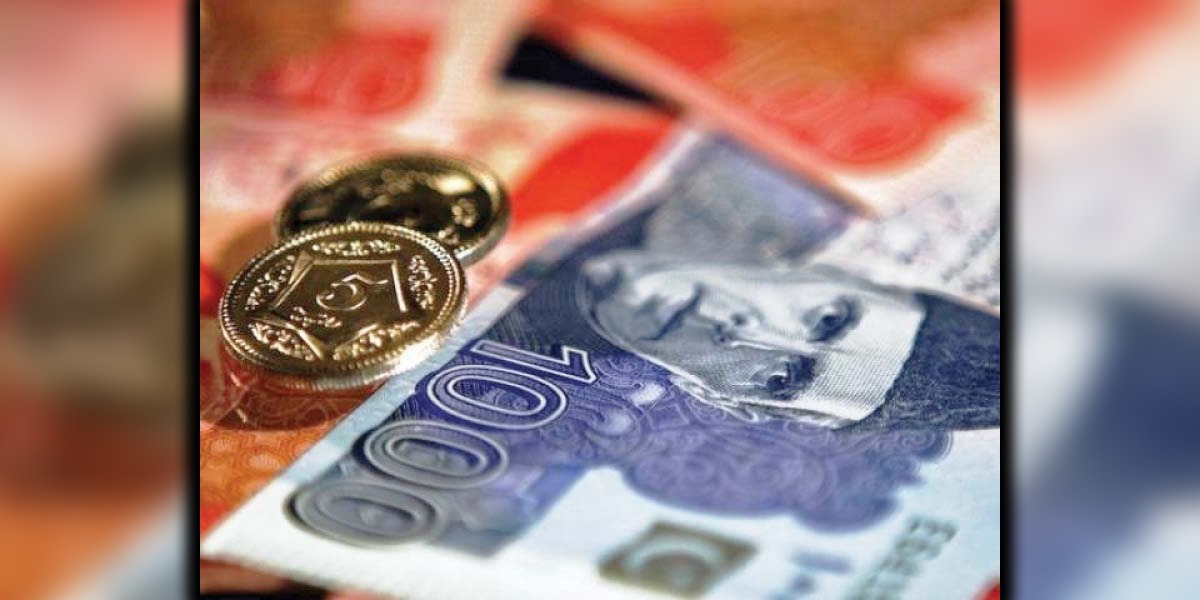SBP’s Independency Will Help Overcome Inflation From The Country, Shibli Faraz
Minister for Information and Broadcasting Shibli Faraz has on Tuesday said that...

Pakistan recorded a 30% increase in the assets of Islamic banks during the fiscal year 2020.
According to the details, a report released by the State Bank of Pakistan states that the total deposits of the Islamic banking industry increased by 27.8% in 2020.
The report said the increase in assets was the highest in a year since 2012 and the increase in deposits in 2015.
The assets and deposits of the Islamic banking industry have more than doubled in the last five years.
The increase in assets and deposits of the Islamic banking industry is encouraging, especially due to the fact that the industry also faced Coronavirus challenges during 2020, the central bank report said.
At the end of December 2020, the assets of the Islamic banking industry increased to Rs 4,269 billion ( $27.50 billion) while deposits reached Rs 3,389 billion ( $21.3 billion).
Financing of the Islamic banking industry also increased by 16% during 2020.
“Continuing its current strategy, the SBP is committed to promoting a strong and sustainable Islamic banking industry in the country by providing competitive opportunities,” the report added.
Currently, in addition to the five fully Islamic banks in Pakistan, more than a dozen traditional banks are also providing Islamic banking facilities.
Earlier this month, the Monetary Policy Committee (MPC) of the State Bank of Pakistan (SBP) has decided to maintain the policy rate at 7% for the next two months.
According to a statement from the central bank, growth and employment have recovered since the last meeting in January and business confidence has improved further.
The statement said that at present the growth rate is around 3% but it is expected to be higher in the financial year 2021 due to better manufacturing prospects and partly due to the monetary and financial stimulus provided during the coronavirus pandemic.
The SBP said recent inflation figures are variable and general inflation in January was the lowest in more than two years but has risen sharply since February, largely due to rising electricity prices and sugar and wheat.
The Monetary Policy Committee said that the recent rise in inflation was mainly due to the supply chain, but that the productivity gap was still negative as estimated and inflation was still largely under control, however, when the recent rise in government prices If the effect of the increase is to dim, then inflation should come down to 5 to 7 per cent in the medium term.
The recent rise in electricity prices will continue to be reflected in the general inflation figures for the coming months, bringing the average inflation to 7-9% in the current financial year.
The statement said that in deciding the policy rate, the policy committee has also taken into account the uncertainty regarding the inflation and growth scenario.
In addition, the committee took into account the key trends and prospects in the real, external and financial sectors, and the resulting monetary conditions and inflation.
Catch all the Business News, Breaking News Event and Latest News Updates on The BOL News
Download The BOL News App to get the Daily News Update & Live News.